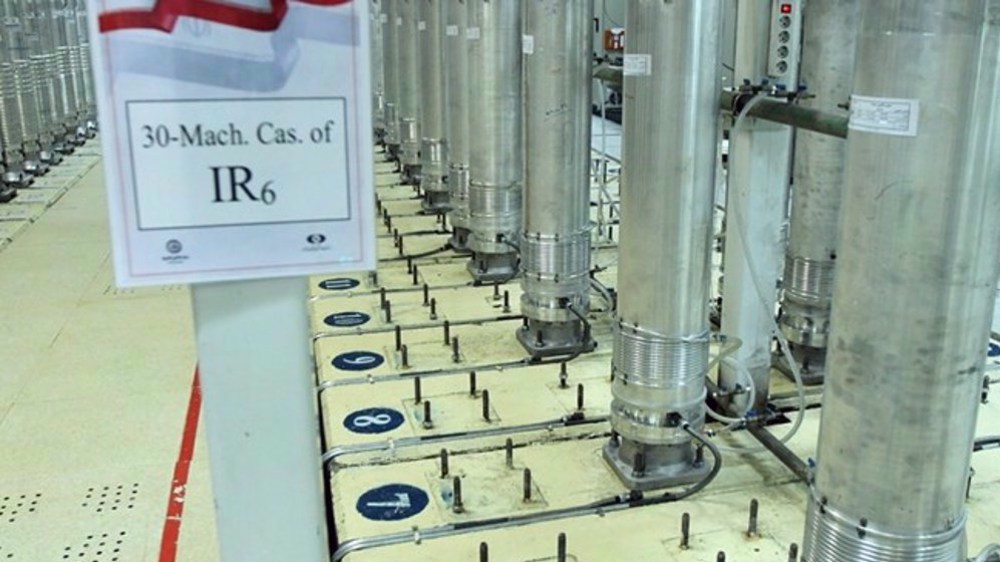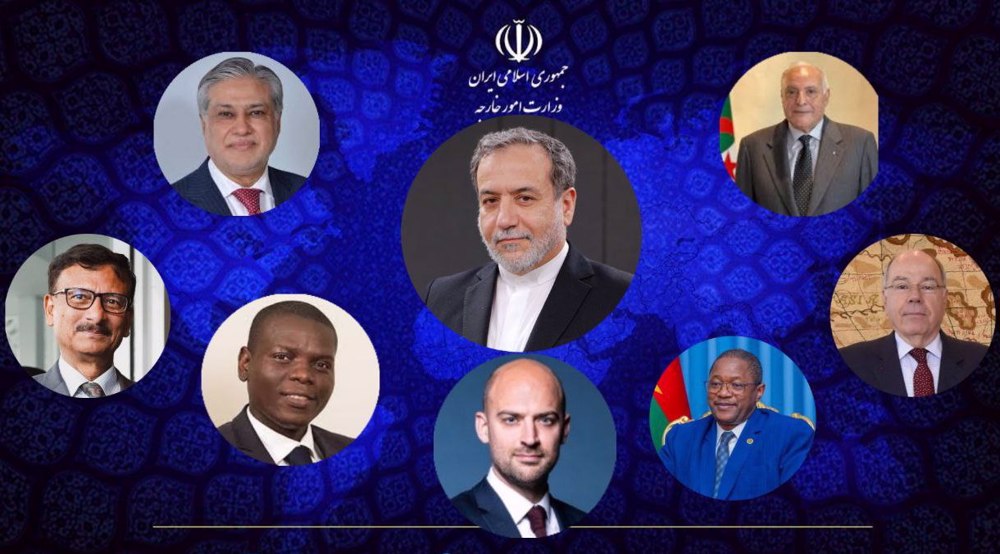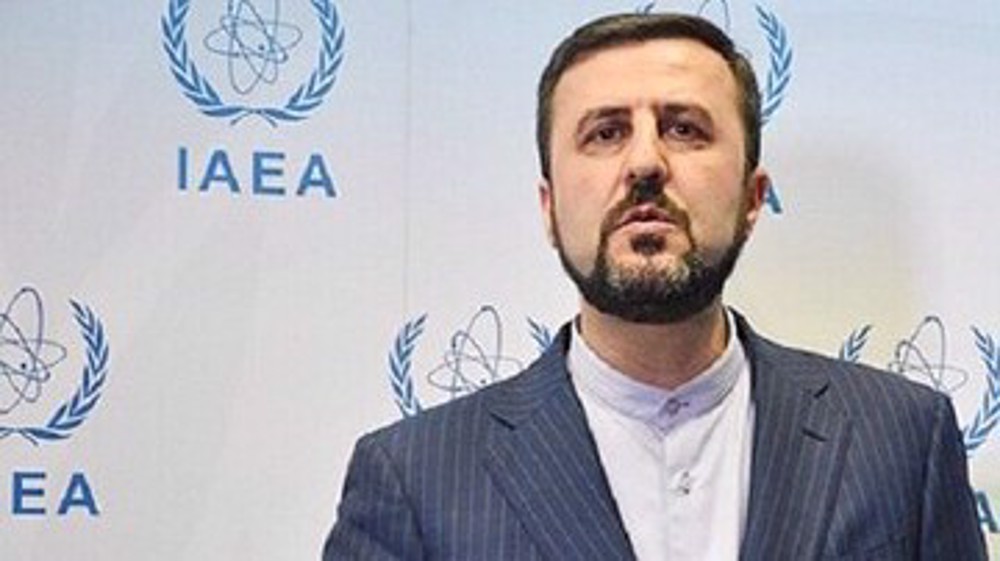US to lose trust of nations if walks away from Iran deal: Top EU diplomat
The EU foreign policy chief says Washington’s possible withdrawal from the Iran deal will send a message to the international community that the US is not trustworthy when it comes to deal making.
In a Wednesday interview with PBS channel, Federica Mogherini highlighted Iran’s full compliance with the 2015 deal, known as the Joint Comprehensive Plan of Action (JCPOA), and said, “We have the international community strongly behind the full implementation of the deal.”
“Once that we have an agreement that is functioning, that is working, that is delivering, the worst thing you can do is trying to dismantle it, also because you would show the way to others that making deals actually is not worth it, because the message that America would send to the rest of the world is that America cannot be trusted upon,” she said.
The US, Mogherini added, would lose global trust “because a deal that America voted for just two years ago in the UN Security Council with a resolution unanimously adopted, a deal that America helped to shape enormously, enormously, would be rejected by the same country.”
“If we pass the message that with every change of administration in Washington or elsewhere deals are thrown away and renegotiated, no one would negotiate with any administration ever and any deal would be exposed to be renegotiated every term. This is not the way of making deals, not in foreign policy, not in private businesses and I think [US] President [Donald] Trump understands that perfectly well,” she said.
Mogherini noted that the international community, including the EU and other US allies, will continue to abide by the deal even if Trump chooses not to certify Iran’s compliance, something which has been confirmed eight times by the International Atomic Energy Agency (IAEA).
“The deal not only will hold, but the deal does not belong to one country or another. It is a UN Security Council resolution,” she said.
Touching on speculations about the likelihood of renegotiation of the deal, Mogherini pointed to the “extremely complex nuclear aspects” of the JCPOA which have been ironed out over 12 years of intensive negotiations, saying, “It is not a deal you can easily open and renegotiate. There is [neither] technical, nor political space to renegotiate this deal.”

She pointed to other international agreements that the US has abandoned but the rest of the world has remained committed to, including the Paris Agreement on climate change, and said, “What will happen would simply be that the US will contravene a UNSC resolution and the rest of the world will stick to it.”
While the Trump administration has twice certified Iranian compliance with the deal in notifications to the US Congress under an American law, the White House has indicated that a third verification — due later this week — would not be offered.
In his planned address, Trump is expected to declare that the deal is not in America’s national interest. If he does that, Congress would then have 60 days to decide whether to re-impose the sanctions against Iran, which were lifted under the JCPOA.
Tehran and other signatories to the JCPOA have joined voices in support of the landmark deal, repeatedly warning Washington against repercussions of walking way form the multilateral deal.
On Wednesday, head of the Atomic Energy Organization of Iran (AEOI) Ali Akbar Salehi said that Iran is considering “various scenarios” in response to Trump’s “probable withdrawal” from the international nuclear deal.
Trump’s administration, which took over a year after the nuclear agreement had come into force, has repeatedly attacked the agreement and desperately sought a pretext to scrap or weaken the deal.
Political observers have warned that any unilateral action by the United States based on unsupported claims of Iranian non-compliance would isolate Washington, impede future efforts for other nonproliferation agreements in the broader international community and increase the likelihood of a wider conflict in the Middle East.
Observers say even if Congress decides to re-impose the sanctions, a dispute resolution process provides another month before the US makes it clear that it is no longer a party to an agreement accepted by its key allies, the rest of the UN Security Council and Iran.
After failing to make Trump change his mind, European diplomats and businessmen have shifted the focus of their lobbying efforts on US Congress to help prevent Washington from killing the JCPOA.
Last week, European envoys to the US, including EU Ambassador David O’Sullivan, met with top senators to help save the deal.
UN: 2024 deadliest year for aid workers amid genocide in Gaza
Gaza health official warns of hospital shutdowns within 48 hours
Israel kills 5 more paramedics in southern Lebanon: Health ministry
Iran to launch ‘new, advanced’ centrifuges in response to IAEA resolution: AEOI
Yemen fires hypersonic missile at Israeli airbase
VIDEO | New Delhi chokes under toxic smog as air quality remains at hazardous levels
VIDEO | Press TV's news headlines
VIDEO | ICC's arrest warrant for Netanyahu to worry Western politicians: Former British diplomat












 This makes it easy to access the Press TV website
This makes it easy to access the Press TV website